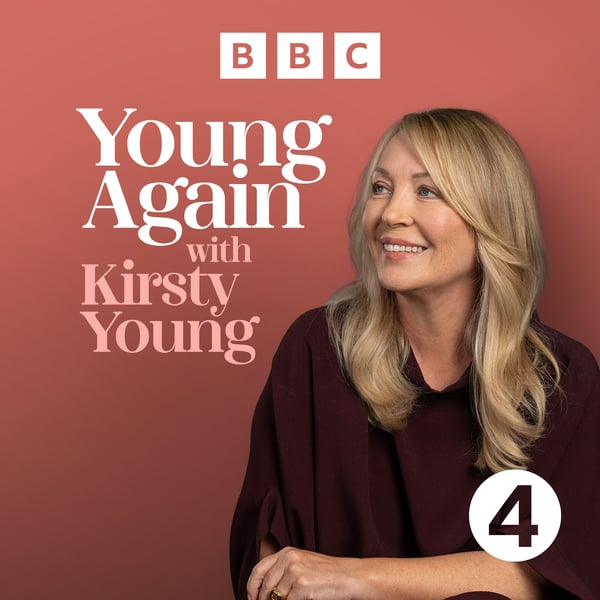Summary
Kirsty Young asks physician Gabor Maté what advice he would give his younger self.
Maté was born to Jewish parents in terrible circumstances in Hungary in 1943. His grandparents were killed in the Auschwitz concentration camp, his father was in forced labour and his mother was suffering from jaundice. He reveals how his own understanding of the long-term affects of childhood trauma connects to this personal history. He also discusses his work with drug addicts and his relationship with his wife and children.
A BBC Studios Audio production.
Transcript
Click on a timestamp to play from that location
| 0:00.0 | Before this BBC podcast kicks off, I'd like to tell you about some others you might enjoy. |
| 0:05.1 | My name's Will Wilkin and I Commission Music Podcast for the BBC. |
| 0:08.7 | It's a really cool job, but every day we get to tell the incredible stories behind songs, |
| 0:13.5 | moments and movements, stories of struggle and success, rises and falls, the funny, the ridiculous. |
| 0:19.1 | And the BBC's position, at the heart of British music |
| 0:21.7 | means we can tell those stories like no one else. |
| 0:24.5 | We were, are and always will be right there at the centre of the narrative. |
| 0:28.6 | So whether you want an insightful take on music right now |
| 0:31.3 | or a nostalgic deep dive into some of the most famous and infamous moments in music, |
| 0:36.1 | check out the music podcasts on BBC Sounds. |
| 0:40.2 | BBC Sounds, music, radio podcasts. |
| 0:45.4 | Hello, I'm Kirsty Young. Welcome to Young again. The podcast that asks fascinating people, |
| 0:51.0 | what advice would you give your younger self? Today, I'm in conversation with a world-renowned physician who firmly believes that our present health is inextricably linked to our past experiences. Trauma, he says, is not what happens to you, but what happens inside you. Being born into a Jewish family in Nazi occupied Hungary must truly then |
| 1:11.9 | have made a mark on him. In this edition of Young Again, I'm in conversation with Gabor |
| 1:17.0 | Matte. I'm welcome, Gabor and first of all, a thank you for this book that you've written, |
| 1:23.1 | your most recent. It's called The Myth of Normal. I usually make notes and I have never read a book |
| 1:28.5 | where I have been going to interview the author and made as many notes. I mean, it's almost |
| 1:32.8 | comical. There was a point at which I thought every page I'm turning down, every page I'm marking |
| 1:37.4 | up. Oh, wow. I mean, you specialize in trauma, in illness and healing. For people who are not one of |
| 1:43.5 | the many millions then, who've already bought this book and who are not one of the many millions then who've already bought |
| 1:45.0 | this book and who've read some of your other books, what is it that you are trying to tell |
| 1:48.1 | people? Well, in brief, it's the recognition, not just philosophical recognition, but the |
... |
Please login to see the full transcript.
Disclaimer: The podcast and artwork embedded on this page are from BBC, and are the property of its owner and not affiliated with or endorsed by Tapesearch.
Generated transcripts are the property of BBC and are distributed freely under the Fair Use doctrine. Transcripts generated by Tapesearch are not guaranteed to be accurate.
Copyright © Tapesearch 2025.

